
Ladies and gentlemen – welcome to the best summer blockbuster film of the year.
“We’ve been through hell together! We spent four years, FOUR YEARS fighting that virus, and then another four fighting each other! It was chaos!… But you all know what we’re up against! And I want you to know, it’s not just about power! It’s about giving us the hope to rebuild, to reclaim the world we lost!” – Dreyfus
Picking off where Rise of the Planet of the Apes left off, the virus (aka the Simian flu) has dramatically wiped out Earth’s population with exception of survivors who have managed to avoid infection. During the turmoil, the human race battled not only the disease but fought against each other. They now face a fight to rebuild themselves in a post-apocalyptic world. The only thing stopping them in this process is Caesar (Andy Serkis), the genetically enhanced and highly intelligent ape who has the ability to talk. As leader, he has built a settled ape community and does not want war or involvement with the humans. The fragility of peace between humans and apes is short-lived bringing both sides on the brink of war.
Excuse me for a second while I switch my mind into praise mode but what a film this is! Being a fan of the Planet of the Apes franchise, I’ve been sceptical of these reboots, especially after the Tim Burton version left a bad taste in my mouth. But just like Rise of the Planet of the Apes, not only does this reboot sequel delivers – dare I say it, this is the best Planet of the Apes film, surpassing the original in every feat…and this is coming from someone who absolutely loves the 1968 film.
You’ve heard me talk a lot about it but one of these days I’m going to write down why sci-fi is such a beautiful genre to watch because Dawn of the Planet of the Apes ticks all the right boxes. Right from the beginning, the audience is brought up to speed with the events of what occurred in Rise and then it wastes no time in exploring the themes that the film presents. Through its interactions with the characters, the film explores segregation and prejudice through the human and ape communities. It explores their survivor instincts with apes being educated on ape law, their hunting techniques and a sense of tradition. On the flipside, the humans need electrical power to maintain their living standards. It deals with misconceptions regarding the Simian flu with Carver (Kirk Acevedo) being the trigger-happy and mentally stubborn character who believes apes are the reason for the human destruction. Obviously we know that is not the case but it adds to the uneasy tension that’s clearly in the air. But once again (which is always a key element in sci-fi films) that it has an abundance of emotional depth, conveyed expertly by Andy Serkis that makes Dawn of the Planet of the Apes a stand out film for the year.
Caesar: [in sign language] “If we go to war, we could lose all we’ve built.”
Caesar: [spoken aloud] “Home. Family. Future.”
What is evidently clear about Dawn of the Planet of the Apes is the essence of power struggles and leadership and the main highlight is the confrontation between Caesar and Koba (Toby Kebbell).
Caesar is all grown up! He has a family – a wife, a teenage son and a newborn baby. Everything he does is to teach, educate and keep them safe from harm as demonstrated in one scene with his son Blue Eyes (Nick Thurston) when he nearly got himself killed in an encounter with a bear. It’s fair to say that Caesar is more sensitive and trusting of the humans but always remains cautious. This stems from his upbringing where Will (James Franco used in one video flashback scene) took care of him as a father figure in Rise. This is in comparison to Koba who is more vengeful and militaristic stemming from the events from the first film where he was experimented on in a science lab and locked up in a cage.
It’s fair to say that at the beginning that Caesar and Koba are like brothers, bonded by their treatment by the humans. In Rise, it is Caesar who frees Koba from his cage. In Dawn, their goals are the same. What drives them apart are their perceptions and attitudes towards the human characters led by Malcolm (Jason Clarke) and Ellie (Keri Russell). Caesar doesn’t want a confrontation but at the same time is looking for another connection to the human race and he finds that humanity in Malcolm. Koba taints every human with the same brush because his mind is still trapped inside that cage where he was tested on.
What this film establishes that while apes have thought of themselves as “the better race”, the ape mentality is no different from the humans. The fragility of peace was just an illusion and unfortunately for Caesar he learnt the hard way and it only takes one spark to cause an all out war.

Was Caesar naïve? I think there is some validity in that. Where the ape camp was located, there was a power station in which the humans need to further their own survival. Koba repeatedly warned Caesar about the growing threat of humans and even tried to prove that they were not trustworthy. Caesar as always tries to find a peaceful co-existence and if any ape tried to question his loyalty, Caesar definitely had the last word. What Koba does next is react in fear – the more power you give to the humans, the apes will eventually become weaker. It’s a simple balance of equation. Unlike in The Amazing Spider-Man 2 where character motivations were all over the place, Koba’s intentions are far more powerful and dangerous and once you understand his reasoning, it also makes him a highly sympathetic character and a perfect contrast to Caesar’s Ghandi thought like approach at times. It eventually leads to a change of leadership.
Whilst it’s not on the same scale but there is a human power struggle as well in the shape of Malcolm and Dreyfus (Gary Oldman). It’s played out more subtly, taking on the same dynamic and effectively ending in the same way. While Gary Oldman is sporadically involved in the film, when he’s on screen he’s just different class.
“Caesar loves humans more than apes!” – Koba
As a kid I when I watched the original Planet of the Apes, I always thought it was intimidating seeing an ape on horseback. If Darwinism talks about man evolved from apes, then the concept of apes riding on horses is like evolution gone wrong! The action scenes are amazing, fuelled by Koba’s hatred of the humans. The more the humans fought, the more he retaliated. It’s pretty shocking what Koba does and I actually found myself gasping on a few occasions as he plants the seeds of ape superiority over humans as displayed in the original 1968 film. Koba completely ignores all logic and existence of ape law that Caesar had built up within the community. Sadly for Caesar’s teenage son, he becomes a first hand witness to Koba’s extremity.
No film is far from perfect and there is a minor flaw in Dawn of the Planet of the Apes. The film is very male centric. The only recognisable female character belongs to Keri Russell. Now if you’ve seen any episode of The Americans you will instantly know how good she is. Yet in Dawn of the Planet of the Apes, her role was very limited which is a shame. When you look at the other characters and see how much they’ve progressed during the course of the film, her character doesn’t develop past the ‘need to knows’. What we learn is that she has medical experience, worked for the CDC at one point during the initial outbreak and had a daughter who tragically past away. They could have developed more and it wouldn’t have sacrificed what was already established. For example, there’s a scene where Carver adamantly suggests that apes caused the virus. She corrects him. He sinks to a new low saying that the virus robbed her of her child. At that point she could have easily defended herself but the script allowed Carver to “technically” get away with that comment. Not every female character has to be a “bad ass” but what makes female characters stand out is their total embrace of their strengths and their weaknesses, something I think Hollywood struggles to get right. Trust me – let me state again, this is a minor flaw – nothing in this film would deter your overall enjoyment.
It’s hard for me not to consider Dawn of the Planet of the Apes as a contender for film of the year because I truly believe it’s up there. While I hope one day Andy Serkis gets some Oscar appreciation for his work as Caesar, nevertheless he is outstanding and rightfully deserves the praise. He’s now become the Roddy McDowall of Planet of the Apes franchise, delivering the emotion and heart that makes Caesar come to life just like his predecessor did as Cornelius.
I can’t wait for what’s in store in the next Planet of the Apes film.


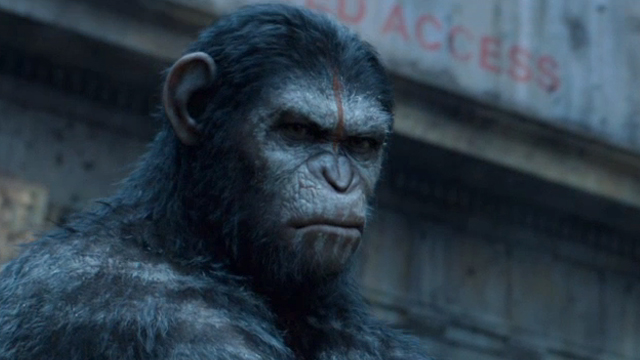
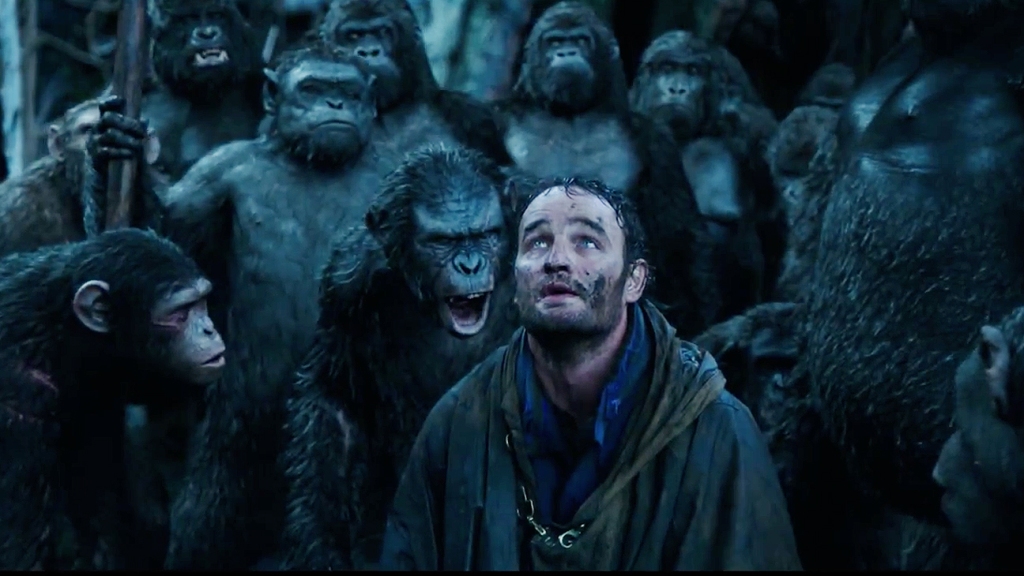
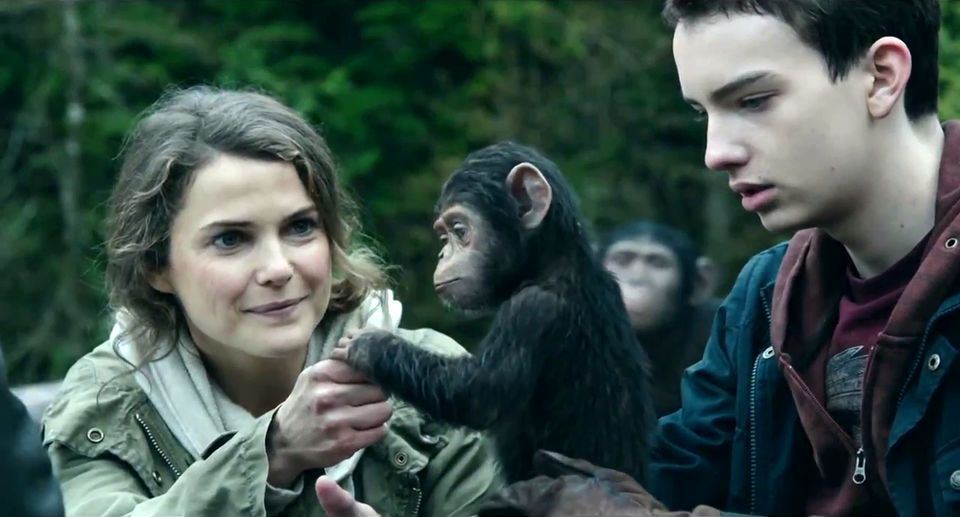

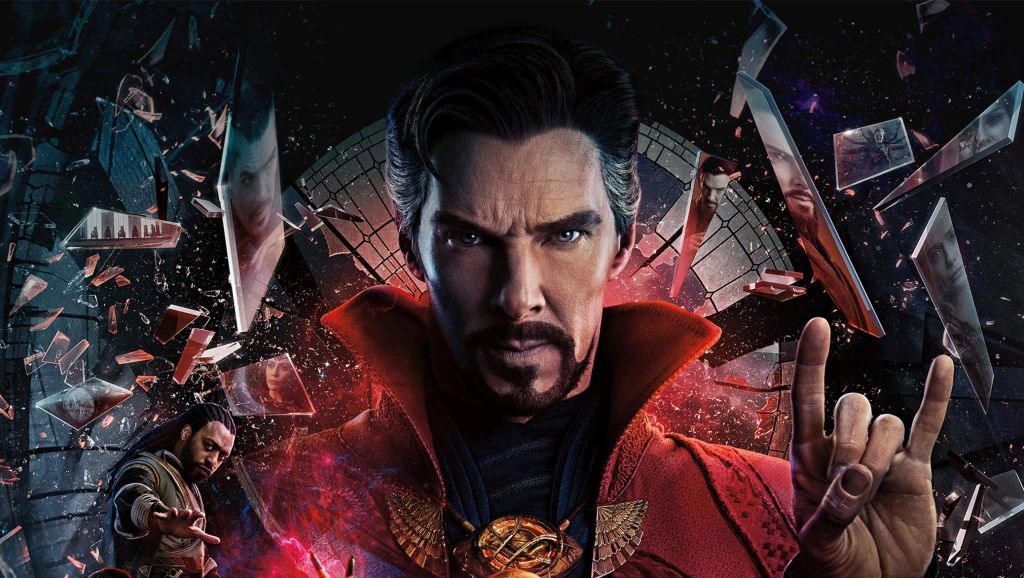
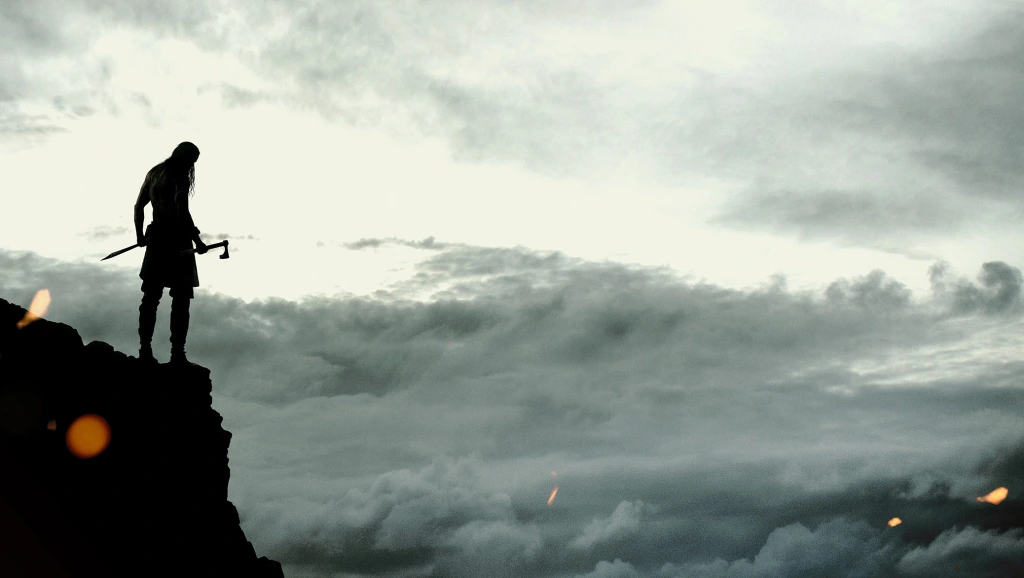
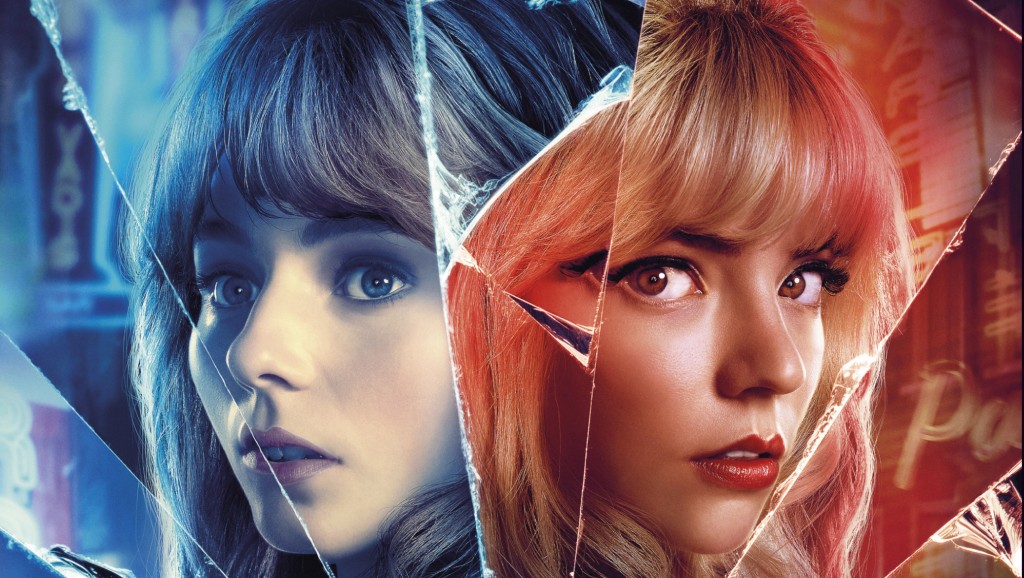
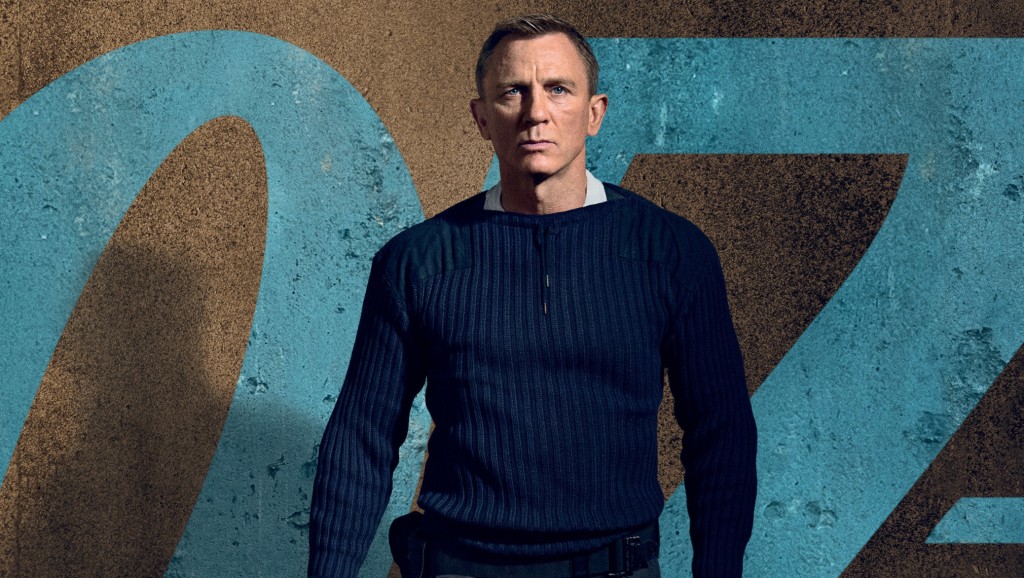
Don’t Be Shy – Leave a Reply